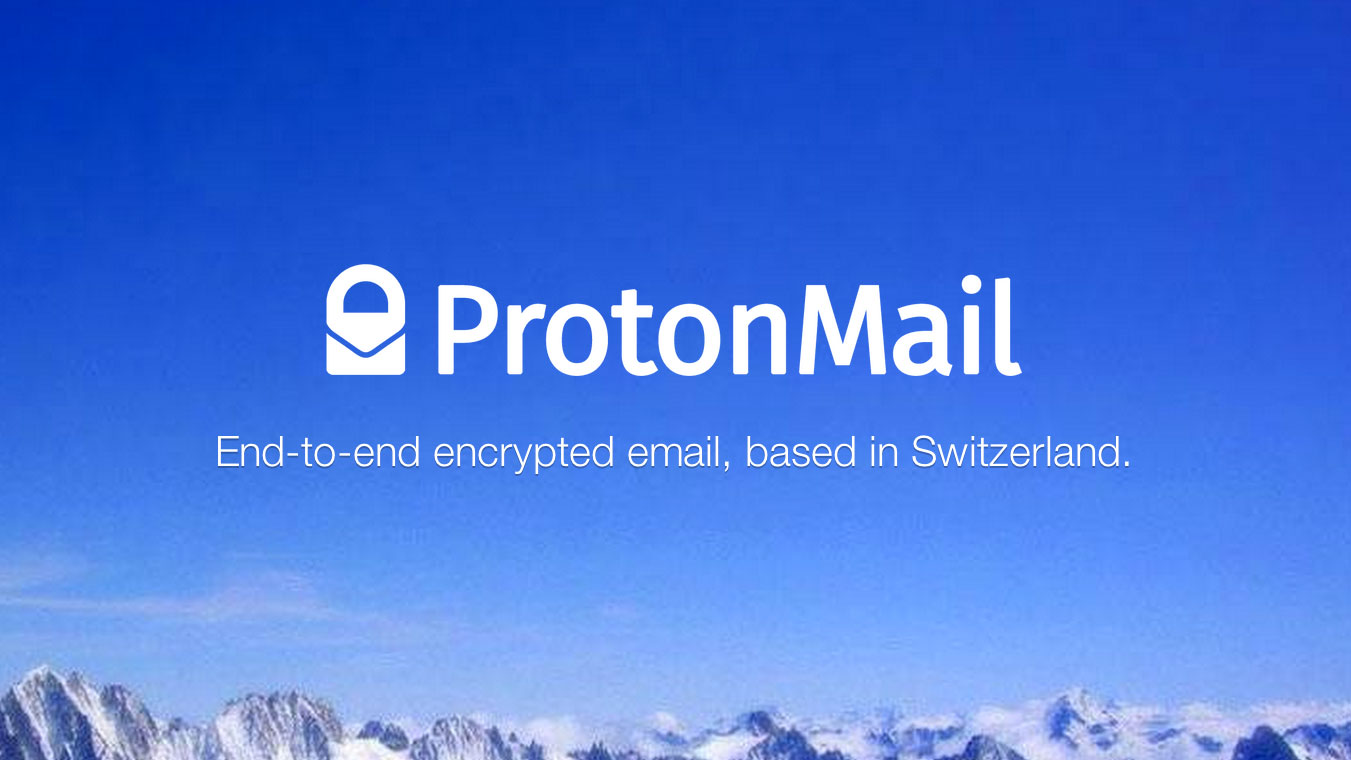

Both products come from the same company, Proton Technologies, and you can save money with a subscription that bundles both products. If the ProtonMail name sounds familiar, you're probably thinking of ProtonVPN, a top VPN service that's strongly focused on physical security. PreVeil and Skiff are our Editors' Choice email encryption services. That said, PreVeil gives you equally powerful encryption at no cost, and Skiff, also free, adds encrypted collaboration and file sharing. When you communicate with other ProtonMail users, you get end-to-end encryption. ProtonMail stores your data using zero-access encryption, which means nobody but you can access it-neither a dishonest employee nor a lawyer brandishing a subpoena. You can use ProtonMail at no cost or pay a fee to remove the free edition’s limits and enable more features. If that sounds creepy to you, consider switching to an encrypted email provider that puts your security first, like ProtonMail. This information can then be shared with other members of the Five Eyes allegiance.Just because you don’t get a bill for your webmail account doesn’t mean it’s free: You pay by allowing the provider to mine your messaging for data that helps target ads (among other things). (And in the U.S., emails are considered “abandoned” after 180 days, so the government can request them without a warrant.) This includes inbox contents, metadata, IP addresses, and more. and may be forced by law to turn over information on its users. Switzerland is not part of the Five Eyes intelligence-sharing agreement that exists between the U.S., Canada, Australia, the United Kingdom, and New Zealand.īy comparison, Google is located in the U.S. This means that ProtonMail can’t be forced to hand over data to authorities in the U.S. In addition to not being able to read the email stored on their servers, ProtonMail is based in Switzerland, where privacy laws are notoriously strict.

RELATED: What Is End-to-End Encryption, and Why Does It Matter? ProtonMail’s Servers Are Located in Switzerland Unlike with ProtonMail, which explicitly supports the feature, working with PGP inside of Gmail is much less streamlined and borderline unusable on mobile. Using PGP inside of Gmail is possible but difficult, with browser extensions like Mailvelope and FlowCrypt making it easier to manage.


 0 kommentar(er)
0 kommentar(er)
